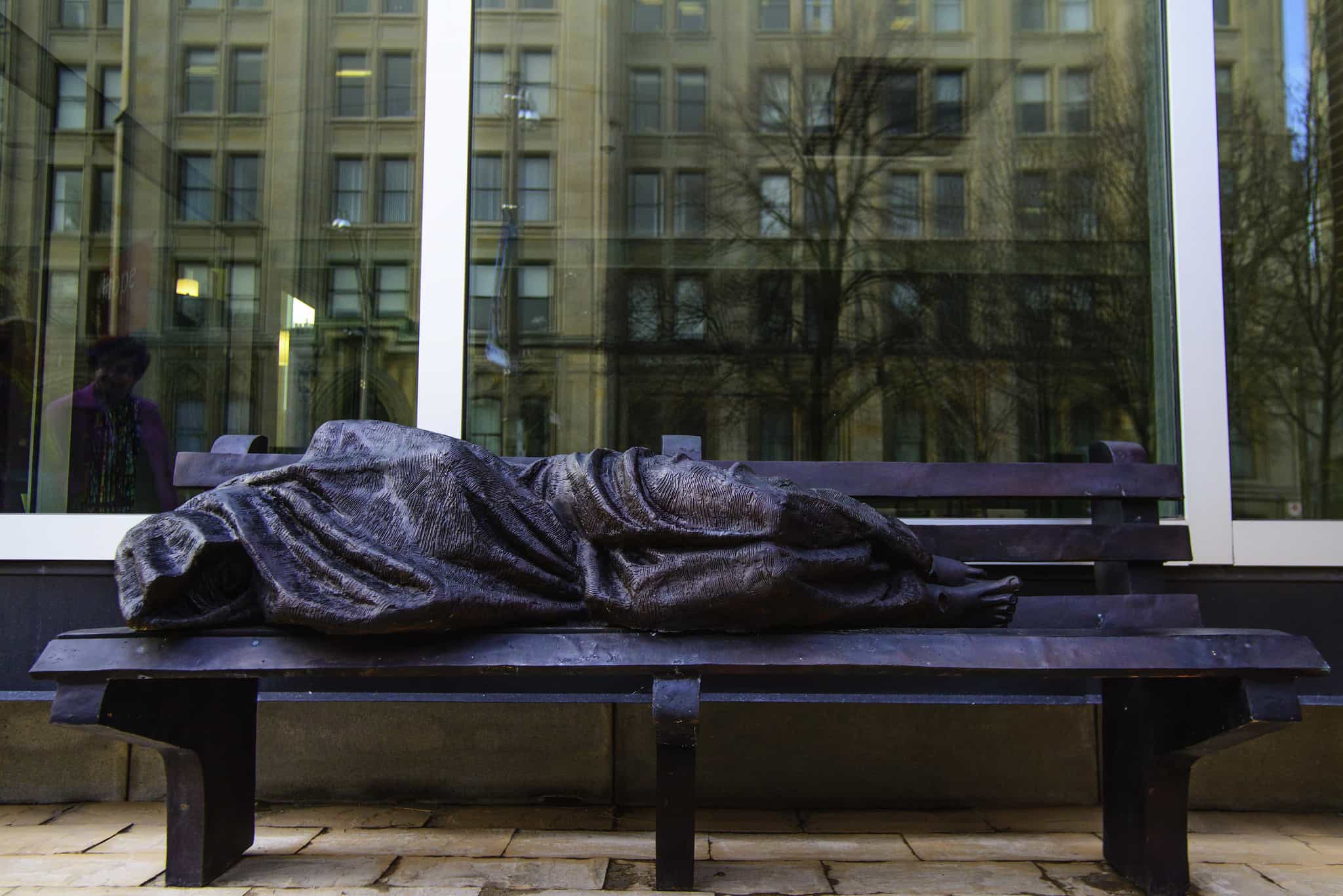It need not require any advanced meditation to recognize the dysfunctional and downright calamitous reality of our present national discourse. Contemporary political debate is organized less around competing preferences and political principles and more around the competition between various in-groups and out-groups. Shared antipathy provides the grist for an ever more overheated political mill. Thus, the controversies of the moment are used not to advance the legitimate redress of grievances (of which there truly are legion) but to power the battle engines of our competing political tribes and to line the pockets of an ever-growing train of grifters, hacks, and opportunists.
That this does not serve the mutual seeking of the common good through the process of political debate, organization, and legislation is not terribly surprising. However, the effects are worse than that: rather than encouraging us to draw out the potential best in us, such as our compassion, empathy, patience, wisdom, and understanding, it encourages us to indulge in the worst aspects of our personalities, which is the feeding of our personal hatreds, fears, and desires to dominate. Not only do we fail to produce meaningful solutions but our souls are harmed in the process of seeking out and aiming to destroy perceived enemies of our group. Unsurprisingly, people’s polled positions are drifting further and further apart.
In the midst of this eye-brow singeing heat of political news and current events, we might be tempted to step back and seek ways to mind our own business. That temptation, strong as it is, we ought to act against. The challenge is how. The answer begins with how we treat each other, and specifically, how the most marginalized are both treated and regarded in American society.
In short, the defining organizational principle of our present moment is intense, mutual hatred. It seems that each half of the country exists for the other half to comfortably detest. How can the basic civic relationships, so inflamed at the moment, move towards the healing necessary for a more humane and less vindictive politics?
Loving the Poor
To regenerate our politics and move away from hate and divisiveness towards a genuine seeking of the common good, we have to begin somewhere. After admitting we have a problem (see above), the next part of any path of recovery is to take concrete steps in the right direction.
Let’s begin by loving the poor.
Do not take me to be glib. Do not take me to be endorsing anyone’s particular program. I’m not talking about policy; those sort of things that can be done ought to be done. I’m speaking more of a fundamental shift of disposition than happens before any particular policy shift can happen. To clear the rot from American politics we must learn (perhaps again, perhaps for the first time) how to choose love of neighbor, especially those neighbors most excluded from the comfortable couches of American life.
We must remember that it is not a crime to be poor, though we seem to make that mistake. Researchers have noted that many of our policies regard the homeless in particular at the local and state level are motivated by feelings of disgust and a desire to be as far as possible from the poor. In this way, poverty becomes an error to be corrected, not actual people to be embraced and cherished. Instead, we must notice how when we separate ourselves from the poor, when we create an us and them, we develop a habit of dividing the world into “others” whom we can discard with ease.
This matters greatly because what we do to the poor we increasingly do to each other. The “othering” we have done to the poor has been the unconscious playbook for mapping out our political divisions. The tendency to criminalize, pathologize, or simply regard as lesser those with whom we differ politically has already played out in how society views the poor. If we hope to undo the toxic relationships at the heart of our political conflict, we can begin by healing yet another toxic relationship, that of the poor and the not-poor, by embracing true love of the neighbor we tend to not acknowledge.
We should be careful not to instrumentalize the poor in service for a cheap political end. But if we are to move away from a vindictive politics towards a revolution of tenderness based upon the Gospel, can we begin anyway better than committing ourselves to love more deeply the poor?
***
Image courtesy FlickrCC user michael_swan.


